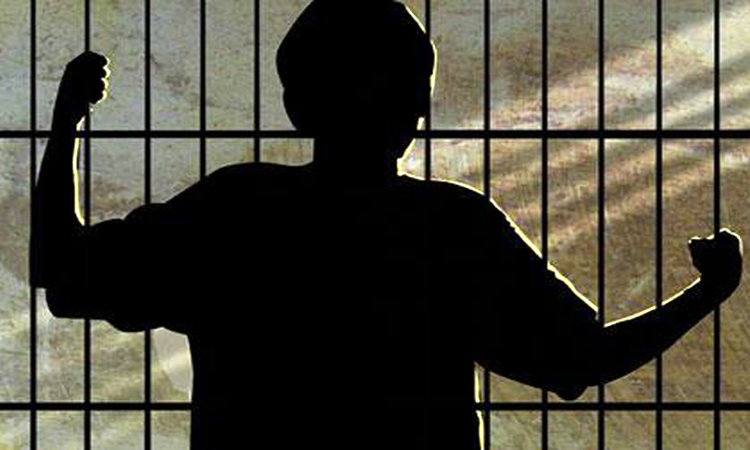The Juvenile Justice Amendment Bill, 2021: Welcome Although Incomplete
Aashita Sharma
20 Aug 2021 5:25 PM IST

In July 2021, the Parliament of India passed an amendment bill to strengthen the Juvenile Justice(Care and Protection of Children) Act, 2015 that allows district magistrates and additional district magistrates to issue adoption orders under Section 61 of the JJ Act, in order to ensure speedy disposal of cases and enhance accountability.
What the amendment leaves untouched is Section 15 of the Act that allows a Juvenile Justice Board (JJB) to decide on the basis of the mental and physical capacity of a child in the age group of 16-18 years, who has allegedly committed a heinous offence, if they should be tried to be held to the same standards of culpability as an adult or not. Even though lawyers and child-rights activists alike vehemently argue that the provision only appears to be neutral, and in actuality defeats the notion of substantive equality highlighting the flaws in its design, implementation and constitutionality.
The provision as it stands in conflict with the right to equality, that mandates that equals must be treated as equals. The JJB if that discriminates between similarly placed children on the nature of the offences committed by them, and on the child's capacity to understand the consequences of their act, would be selective and unequal- as no one test can differentiate the two and any test that might attempt so would be superficial. This view is supported by the decision of the Supreme Court given in Salil Bali v. Union of India (2013) and SubramaniamSwamy v. Raju (2014) that all children in conflict with law should be dealt with equally irrespective of the gravity of their offences.
Structurally, the provision gives power to the JJB to conduct the preliminary enquiry, without ascertaining the guilt of the child- as the demarcating expression is 'in the case of a heinous offence..'. The provision, thus, presumes the guilt of the child accused and is biased towards them. If so, that would be against A. 20(3) of the Constitution, a crucial element of due process of law as held in the Maneka Gandhi v. Union ofIndia case (1978).
The next issue arises with regards to the approach taken by the juvenile justice system in India. The theory of punishment for juveniles in India is widely regarded as rehabilitative and reformatory as held in Mumtaz Ahmed NasirKhan v. State of Maharashtra (2019), and to allow that to change to retributive for heinous offences in special circumstances would be going against well-established jurisprudence and defeat the very object of introducing the legislation. The basis is that children suffer from developmental immaturities and deficits, and thus to guide and counsel them into being upstanding citizens of society is better than putting them into institutions with hardened criminals. This is also the approach of the UN Convention on the Rights of the Child that requires every individual below the age of 18 years be treated as a 'child', as well as that of the Indian Penal Code and the Indian Contract Act that allow minority as an exception when affixing culpability.
Additionally, as is evident by the history of many death penalties in India, there is always room for arbitrariness, subjectivity, and bias when judgment is exercised. The discretionary power to decide can prove to be very inaccurate at times as assessment of 'mental capacity' is highly complex and will inevitably suffer from some error.
This leads one to question: what is the purpose that this provision serves? Proponents of this provision argue that it will act as a deterrent for other minors and will also ensure that the mature juveniles are punished. For the former, the NCRB data shows that, a total of 1.2% of all crimes in India are committed by juveniles, of which only 5-8% were apprehended for heinous crimes, as this number is too miniscule to have such drastic effect on policy-making, the relevance of deterrence should not emerge. The latter issue of punishing mature juveniles, if the theory of reformation and minority as a defence is followed, would lapse, thereby rendering Section 15 as excessive, insensitive and against the best interests of the child.
Thus, in the face of increasingly progressive juvenile justice jurisprudence, to have a provision that criminalises delinquency at will is an anathema. So, although the Juvenile Justice Amendment) Bill, 2021 did not look into the validity and effectiveness of Section 15, future amendments must undo this provision and focus must be brought back to rehabilitation of juveniles rather than institutionalizing them.
The author is a legal researcher based in Delhi, currently researching conditions of service for domestic workers in the NCT area. Views are personal.


